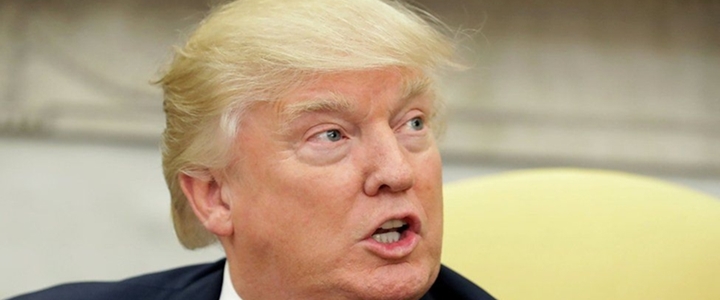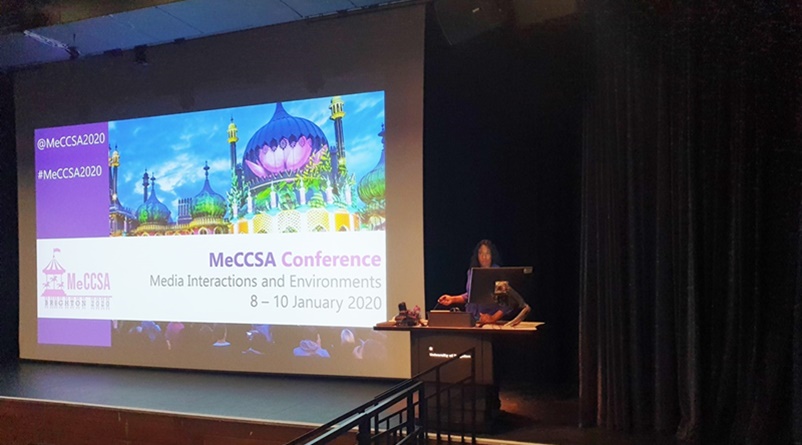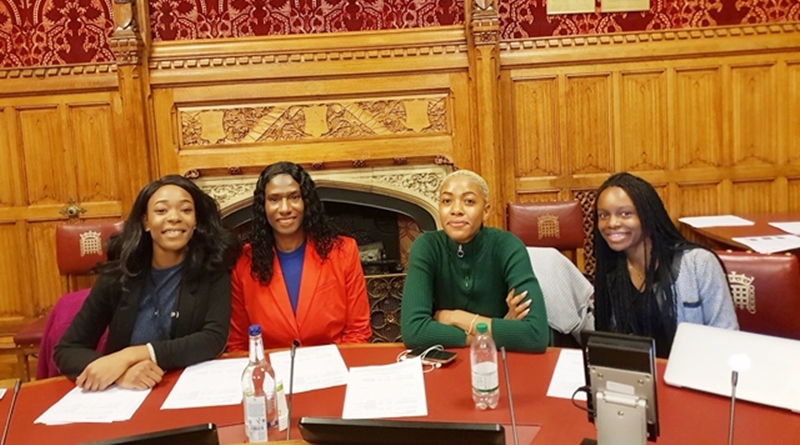It very satisfying to see to the look on people’s faces when I said I was doing my dissertation on Donald Trump. Even my friends were intrigued to know why I chose the US Presidential Election.
The reason was one word — race. This is something I have always been interested in and passionate about. I knew from the start that my dissertation would be centred around race. I wanted to use this opportunity to educate myself about US politics and was motivated to go beyond my comfort zone.
In the months before deciding on my topic, I studied a unit called Media Inequality which looks at inequalities linked to race, ethnicity and culture in relation to media and communications practice. I enjoyed this unit because it made me more conscious and critical of historical and contemporary issues around race, that I had previously taken for granted.
It also made me more conscious of my own personal experiences of racial discrimination in institutions which I had accepted as being normal. During this time, the 2016 Presidential Election campaign was generating a lot of media coverage, largely due to the controversy around the statements made by Donald Trump.
From a critical perspective, I found it interesting to see how Donald Trump normalised and harnessed not only racist but sexist and homophobic discourse to the extent that this abuse was overlooked by the public and accepted.
Deborah — my tutor, helped me to bring my initial ideas together to create a researchable topic. Following our discussion, I went off to do some more research and found that racial discourse in political communication has existed for decades.
I watched many of Donald Trump’s campaign speeches, especially the rallies, and found that he used repetitive words and phrases as part of his strategy to target the White American majority and exclude ethnic minorities.
Although there was a lot of literature on Donald Trump, I found few studies examined the use of language in his speeches in terms of the racial ideologies they perpetuate. After completing my dissertation, I felt very accomplished. It was the biggest project I have ever done — I wanted to give it my best shot and I did.
For me, it went beyond completing an assignment — it was about being able to make a contribution to discussion on racial discrimination in contemporary society. I learnt that racism is very much a product of communications practice, and has been normalised in ways that have made it more acceptable.




